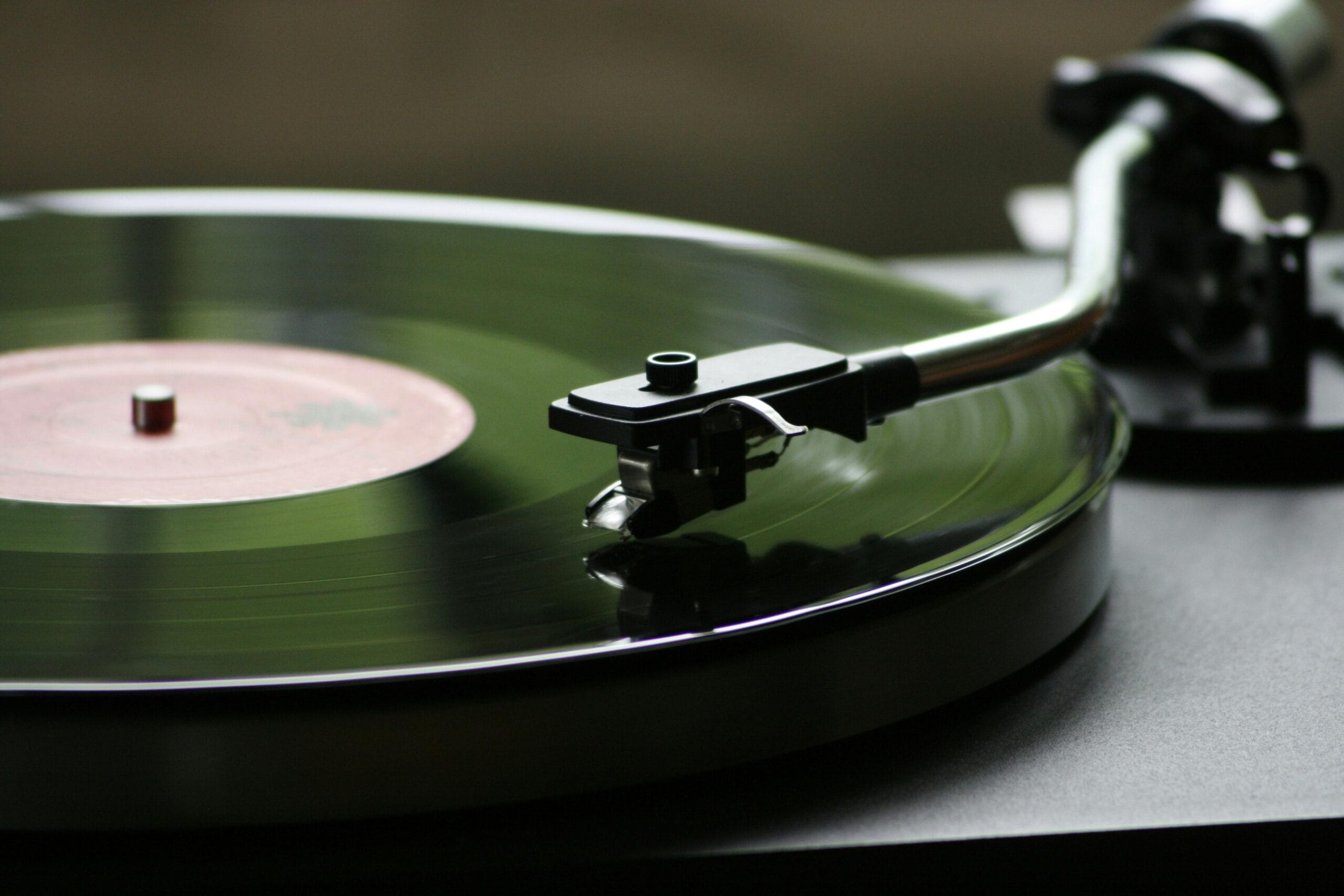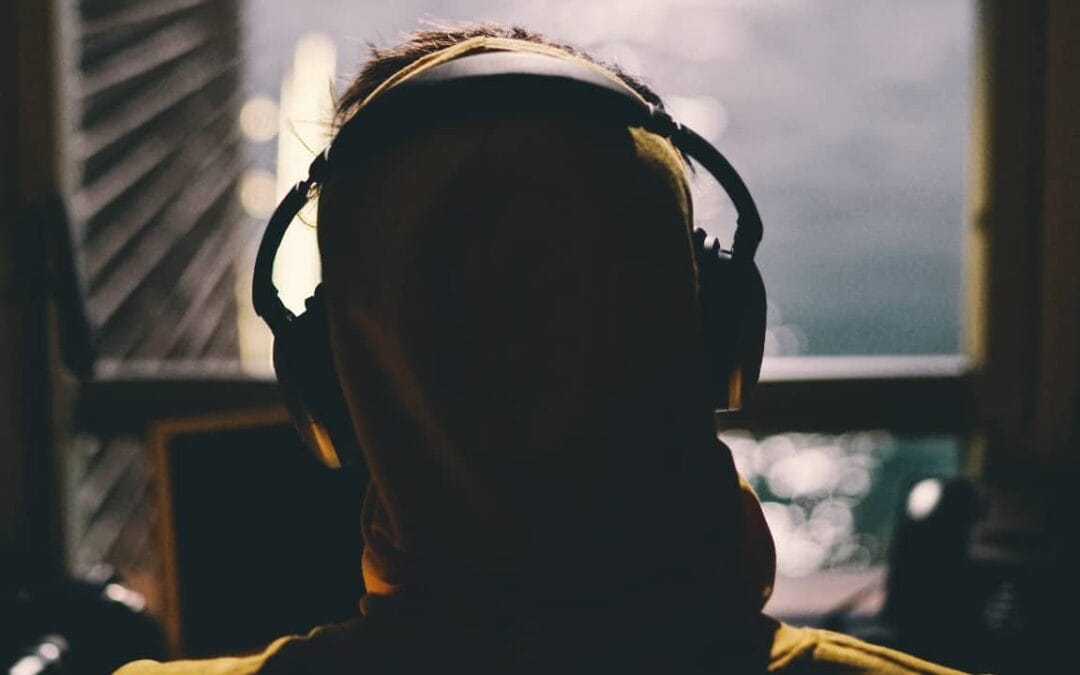Healing with Harmony: Can Music Therapy Alleviate POIS Symptoms?
Post-Orgasmic Illness Syndrome (POIS) presents a wide array of physical, mental, and emotional challenges, leaving many searching for effective ways to manage symptoms. While traditional treatments often focus on diet, medication, or therapy, some have turned to alternative approaches—such as music therapy—to seek relief. Music therapy, a clinical and evidence-based use of music interventions, has been shown to help reduce stress, manage pain, and improve overall well-being. But can it specifically help with POIS symptoms? In this post, we explore how music therapy works, why it may be beneficial for POIS sufferers, and practical ways to incorporate it into daily life for relief.

How Music Therapy Works
Music therapy is not just about listening to a favorite song; it is a structured therapeutic approach that uses music to address physical, emotional, and cognitive issues. Music therapists are trained professionals who design personalized treatments involving various forms of music, including:
- Active Listening: Engaging with specific sounds, rhythms, or melodies that trigger relaxation and stress reduction.
- Songwriting and Playing Instruments: Expressing emotions and coping with anxiety by creating or performing music.
- Guided Imagery with Music: Using music to help guide individuals through mental and emotional healing processes by visualizing calming scenes or memories.
- Music Meditation: Combining mindfulness practices with music to center thoughts and release tension.
Each of these methods can be tailored to the individual, making music therapy highly versatile. When applied to POIS, music therapy might help manage both the physical and psychological symptoms by promoting relaxation, reducing inflammation-related stress, and improving emotional health.
The Benefits of Music Therapy for POIS Symptoms
Music has a profound impact on the brain, emotions, and even the body’s physical functions. Here are a few key ways that music therapy might specifically address POIS symptoms:
-
Stress Reduction: Music is known to activate the parasympathetic nervous system, which helps to reduce stress hormones like cortisol. Since POIS symptoms can exacerbate stress and anxiety, calming music might provide immediate relief.
-
Pain Management: Research has shown that music can act as a natural analgesic by distracting the brain from pain sensations. For those experiencing physical discomfort or muscle pain after orgasm, listening to soothing music may help ease the severity of symptoms.
-
Improved Sleep Quality: Many POIS sufferers deal with insomnia or poor sleep quality. Music, particularly slower rhythms with calming tones, has been shown to help people fall asleep faster and enjoy deeper sleep, which can be especially beneficial during recovery periods after POIS episodes.
-
Mood Elevation and Mental Clarity: POIS often leads to brain fog, depression, and mood swings. Listening to uplifting music or music that evokes positive emotions can stimulate the release of dopamine, the “feel-good” neurotransmitter, improving overall mood and mental clarity.
-
Enhanced Emotional Expression: POIS can leave individuals feeling emotionally drained or disconnected from their partners. Music, especially when combined with therapeutic techniques, provides a safe outlet for expressing emotions that may be difficult to verbalize, allowing for emotional release and healing.
Choosing the Right Music for POIS Recovery
When incorporating music therapy into your POIS management plan, it’s essential to choose the right types of music to maximize its benefits. Here are a few guidelines:
-
Relaxing Instrumentals: Classical music, ambient sounds, or soft instrumental tracks have been proven to reduce stress and anxiety. Look for pieces with a slower tempo, minimal changes in dynamics, and smooth, flowing melodies.
-
Nature Sounds: Sounds of the ocean, birdsong, or rainfall can provide a soothing backdrop for relaxation and meditation. These natural sounds can be particularly helpful for individuals who find lyrical music distracting.
-
Binaural Beats: Binaural beats are auditory illusions that are thought to help with deep relaxation, improved focus, and stress relief. They involve playing two slightly different frequencies in each ear, creating the perception of a single tone. Many people report feeling calmer and more balanced after listening to these beats.
-
Personal Favorites: While structured music therapy is beneficial, sometimes simply listening to music you love can also improve mood. Personal favorites that bring a sense of peace or happiness can serve as a powerful tool in reducing POIS-related stress.

Practical Ways to Integrate Music Therapy into Your POIS Routine
Music therapy can be a valuable addition to your daily routine, helping manage POIS symptoms and promote a faster recovery. Here are some practical steps to get started:
-
Morning Mindfulness Sessions: Start your day with a 10-minute music meditation session. Play calming instrumental music while practicing deep breathing to center your thoughts and prepare for the day ahead.
-
Post-Episode Recovery Playlist: Create a playlist specifically designed for recovery after a POIS episode. Include songs or instrumental pieces that are calming, emotionally uplifting, or tied to positive memories to help your body relax and heal.
-
Bedtime Music Ritual: Wind down in the evening by playing relaxing music as part of your bedtime routine. Combine it with dim lighting, a comfortable environment, and other calming activities like reading or journaling.
-
Music for Movement: If you’re able to do light physical activities, playing rhythmic music with a moderate tempo while stretching or doing yoga can help release muscle tension, improve circulation, and further aid recovery.
Conclusion
While there is still much to learn about the potential benefits of music therapy for POIS sufferers, the evidence suggests that music can be a powerful tool for managing stress, improving mood, and promoting faster recovery. Incorporating music into your POIS management plan offers a non-invasive, enjoyable way to address both physical and emotional symptoms. Whether through calming instrumentals, personal favorites, or structured therapeutic sessions, the right music can help restore balance and bring relief in the face of POIS challenges.
